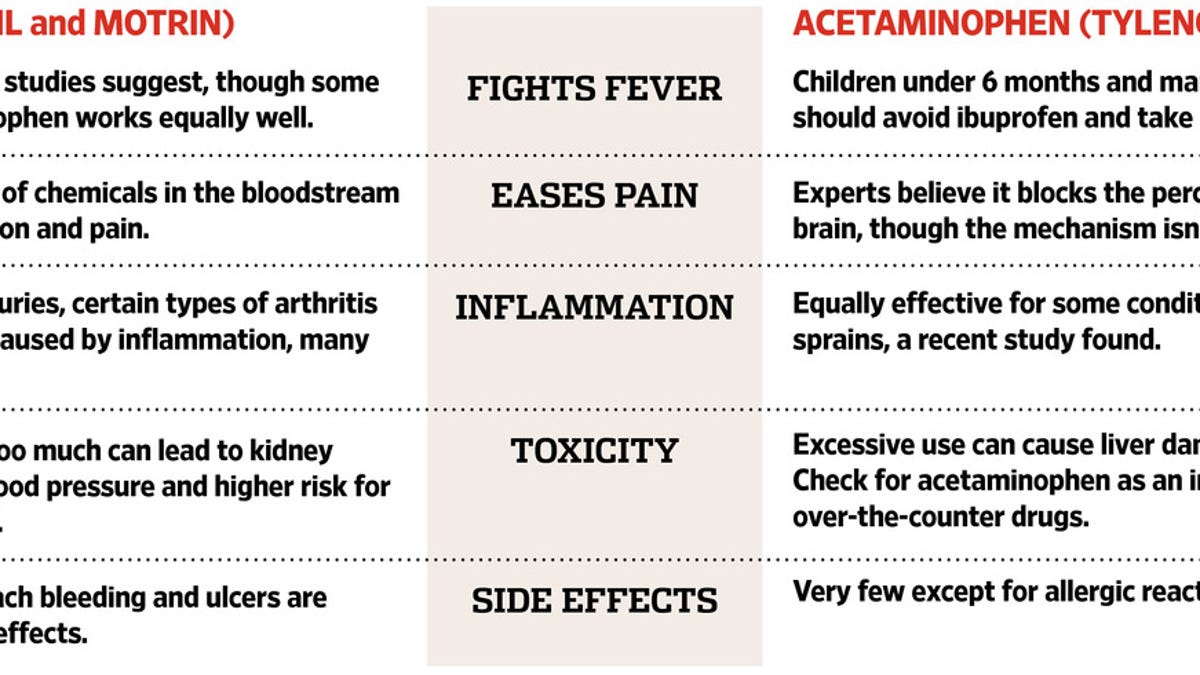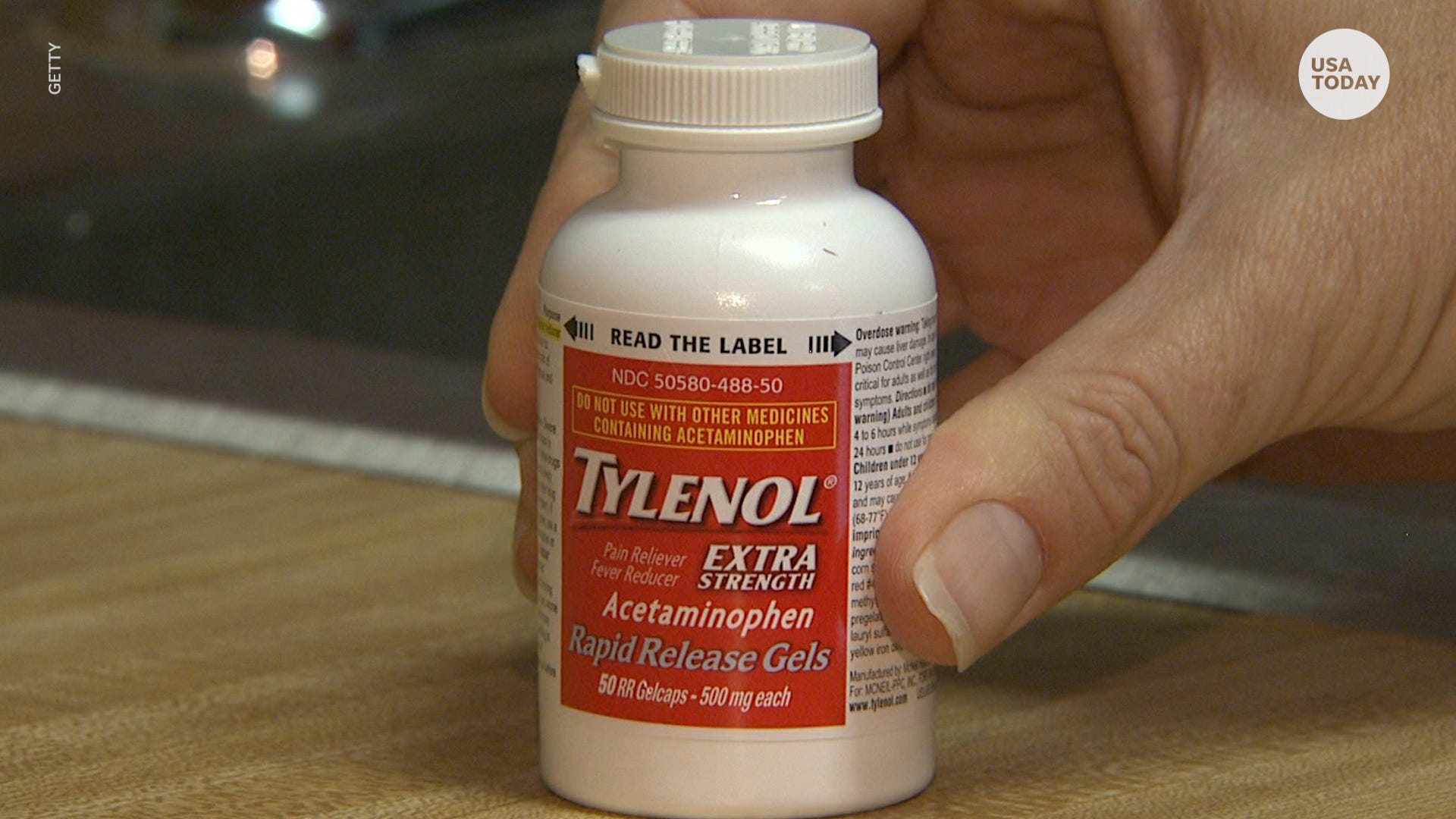
These medications should only be used under a doctor's care by patients with kidney disease. However, if your doctor has told you that you have low kidney function, NSAIDs might not be right for you. NSAIDs are usually safe for occasional use when taken as directed.

Are NSAIDs safe to take if you have kidney disease? People with kidney disease should also be sure to avoid drinking alcohol while taking pain medicines. It is important to know that any drug can be harmful if used at high doses or very frequently.
TYLENOL AND IBUPROFEN SIDE EFFECTS PROFESSIONAL
But everyone with kidney disease should rely on their doctor or other health care professional for a personal recommendation. What analgesics are safe for people who have kidney disease?Īcetaminophen is the drug often recommended for occasional use in patients with kidney disease. Some analgesics contain a combination of painkilling ingredients in one pill––such as aspirin, acetaminophen and caffeine.Like other NSAIDs, ibuprofen relieves inflammation, which causes pain, or blocks pain signals going to the brain. Ibuprofen (common brand names are Advil® or Motrin®) is an NSAID.Prescription strength NSAIDs are also available. This includes different brands of aspirin, ibuprofen, naproxen sodium and ketoprofen. Some NSAIDs are available over the counter. Nonsteroidal anti–inflammatory drugs (NSAIDs) are a specific group of pain relievers. This is one of the drugs grouped together under the name “nonsteroidal anti–inflammatory drugs” or NSAIDs. If you take these drugs together, the dose can add up.Īspirin. Acetaminophen is also found in combination with other ingredients in many cold, sinus, and cough medications.

People who take too much or take it too often risk side effects or worse. It is often effective for mild to moderate pain. This drug is available under the brand name Tylenol® and as a generic (no brand name) with the word “acetaminophen” on the package. Although aspirin was most common analgesic for decades, today, the most commonly used over–the–counter pain medicine is acetaminophen. These are commonly used analgesics:Īcetaminophen.

According to the National Kidney Foundation, as many as 3 percent to 5 percent of new cases of chronic kidney failure each year may be caused by the overuse of these painkillers. When used improperly, pain medicines can cause problems in the body, including the kidneys. However, it is important to realize that no medicine is completely without risk. These drugs are effective and usually safe.

These medicines may help with arthritis, colds, headache (including migraine), muscle aches, menstrual cramps, sinusitis and toothache. Pain medicines, also called analgesics, help relieve pain, fever, and even inflammation. These drugs are the medicines most often used by Americans. What do you do if you have a headache, fever, or muscle pain? Chances are you go to the local drug store to pick up an over–the–counter (nonprescription) pain medicine.


 0 kommentar(er)
0 kommentar(er)
